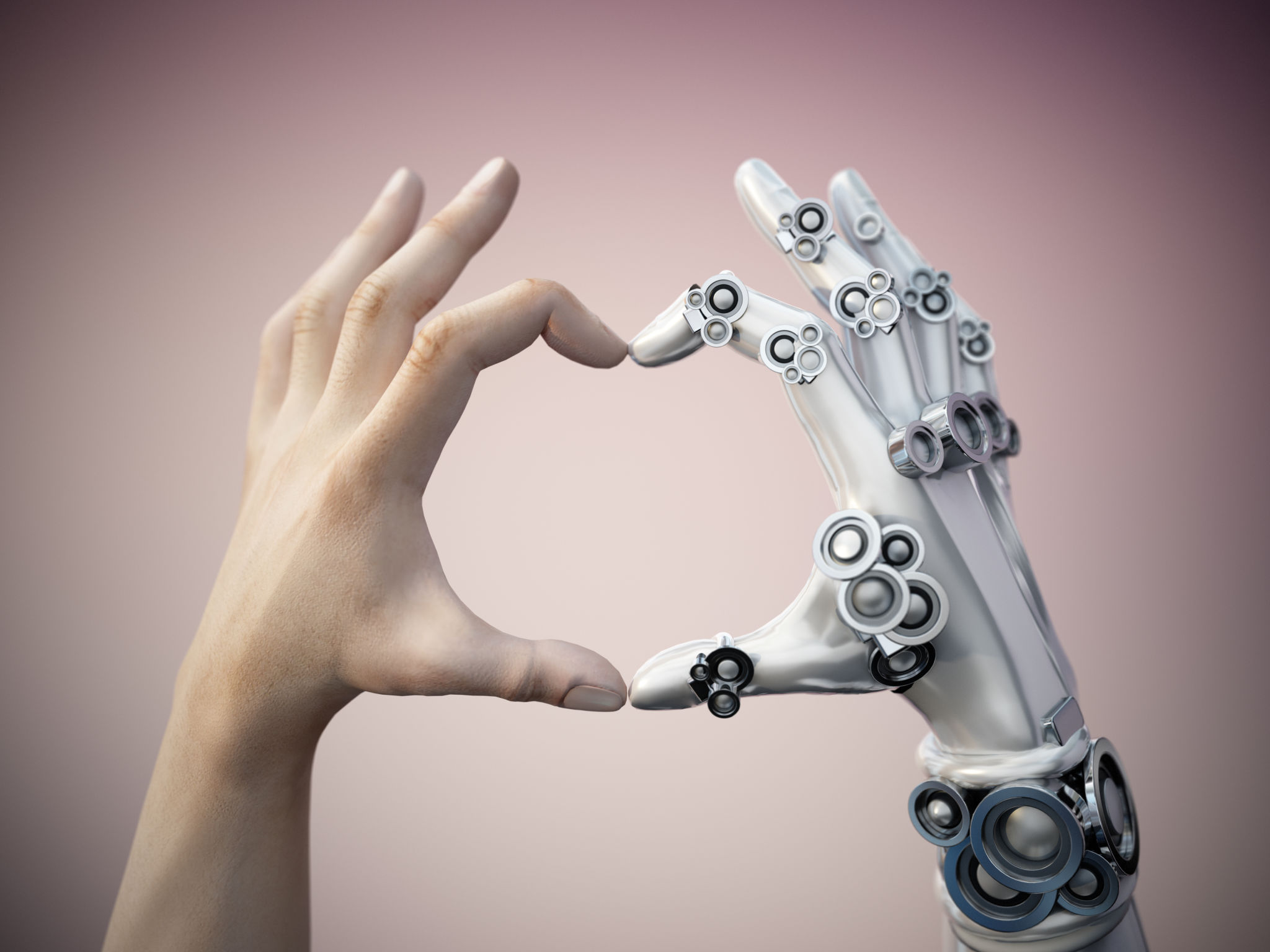Expert Insights: The Future of Industrial Automation
Understanding the Evolution of Industrial Automation
Industrial automation has come a long way since its inception. Today, it stands as a cornerstone of modern manufacturing and production processes. With rapid advancements in technology, the future of industrial automation looks more promising and transformative than ever before. This post delves into expert insights on the evolving landscape of industrial automation and what lies ahead.

The Role of Artificial Intelligence
Artificial Intelligence (AI) is revolutionizing industrial automation by enhancing efficiency and precision. AI algorithms can analyze vast amounts of data in real-time, allowing for predictive maintenance, quality control, and optimized production processes. Experts believe that AI will continue to play a crucial role, driving innovation and creating smarter, more adaptable systems.
One significant advancement is the integration of machine learning, which enables systems to learn from past data and improve over time. This adaptability ensures that industrial operations are not only efficient but also resilient to changes and unexpected challenges.
Embracing the Internet of Things (IoT)
The Internet of Things (IoT) continues to shape the future of industrial automation. By connecting devices and systems, IoT facilitates seamless communication and coordination across the entire production line. This connectivity is pivotal for real-time monitoring and control, leading to improved operational efficiency and reduced downtime.

IoT also empowers industries with data-driven insights, allowing for better decision-making and strategic planning. As industries embrace IoT, we can expect a more interconnected and responsive manufacturing environment.
The Rise of Collaborative Robots
Collaborative robots, or cobots, are designed to work alongside humans, enhancing productivity and safety. Unlike traditional robots, cobots are equipped with sensors and AI capabilities that enable them to interact safely with human workers. This collaboration opens up new possibilities for industries, particularly in tasks that require dexterity and precision.
Experts predict that the adoption of cobots will increase significantly, driven by their flexibility and cost-effectiveness. Industries will benefit from the ability to scale operations quickly and efficiently, meeting the demands of a dynamic market.

Challenges and Opportunities
While the future of industrial automation is promising, it is not without challenges. Cybersecurity remains a significant concern as systems become more interconnected. Protecting sensitive data and ensuring the integrity of industrial networks is paramount.
Despite these challenges, the opportunities are vast. Automation can lead to sustainable practices, reduced waste, and energy-efficient operations. By leveraging cutting-edge technologies, industries can enhance their competitiveness and contribute to a more sustainable future.
Conclusion
The future of industrial automation is set to transform the manufacturing landscape. With AI, IoT, and collaborative robots at the forefront, industries are poised for a new era of innovation and efficiency. By addressing challenges and seizing opportunities, businesses can stay ahead in the ever-evolving world of industrial automation.